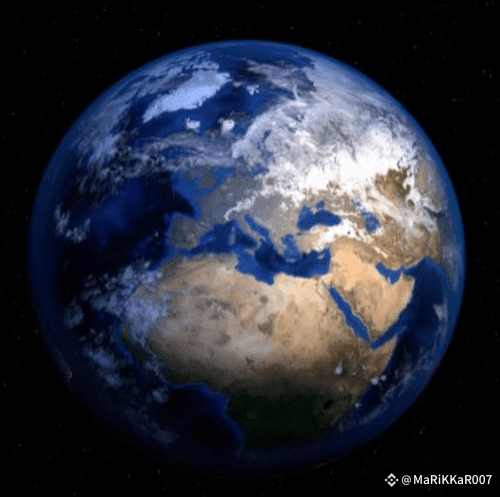🌍On July 22, 2025, Earth is expected to experience one of its shortest days on record, following a similar event on July 9. On that day, Earth completed its rotation about 1.3 to 1.6 milliseconds faster than the standard 24-hour period—the quickest since atomic clock records began in the 1960s.
🌍This temporary acceleration is linked to the moon's position at maximum declination, which causes a slight shift in Earth's axial wobble due to an off-center gravitational pull. A similar effect is anticipated again on August 5.
🌍Despite Earth’s long-term rotational slowdown from lunar tidal friction, short-term factors—like atmospheric and oceanic changes—can cause brief speed-ups. If this trend persists, scientists may need to implement a “negative leap second” by 2029 to keep global timekeeping in sync with Earth’s rotation.

